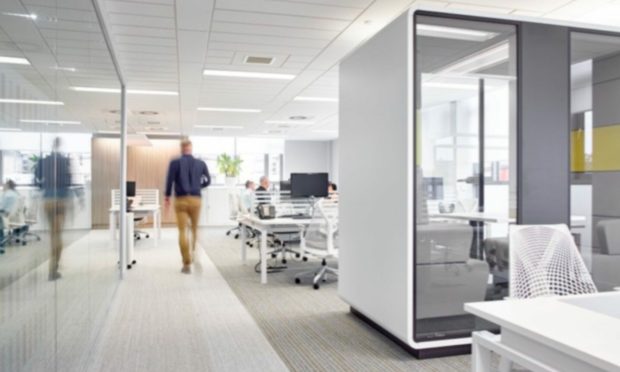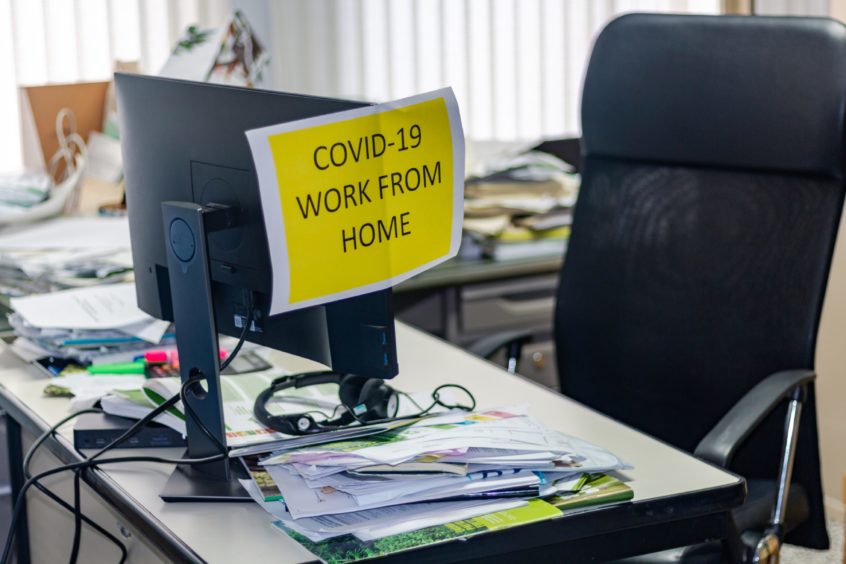Demand for facilities management (FM) professionals is booming around the UK as firms adapt their offices for post-Covid working arrangements, according to surveyors’ body Rics.
The latest Rics FM Market Survey recorded the highest demand for expertise since the study began.
Rics said FM professionals had already demonstrated “resilience and critical contribution” during the pandemic, adding: “As more people return to offices, the profession has an opportunity to further demonstrate the value of its expertise in leading organisations towards safe and purposeful decision-making on spaces that better support their people.”
The survey showed growth in demand for FM services is strongest in the healthcare sector where 91% more respondents reported a rise in workloads – up from +87% in the previous quarter.
But retail “continues to struggle”, with 73% more respondents reporting a fall in demand for FM services.
FM is evolving rapidly not only to improve the places that we work and use daily, but also to tackle some of the biggest issues facing our built environment.”
Kath Fontana, president, Rics.
Rics president and facilities management specialist Kath Fontana said: “This latest survey reinforces the crucial role of effective facilities management as we build back better, and now greener from Covid-19.
“Seeing a growth in workloads, profit expectations and job opportunities across the sector over the previous three months is very positive and, given the size of our sector, vital to the UK’s economic recovery.
“It is clear that FM is evolving rapidly not only to improve the places that we work and use daily, but also to tackle some of the biggest issues facing our built environment.”
Looking at trends that have emerged during the past 18 months that will shape office space management post-Covid, Rics said hygiene had taken on new significance.
It added: “Safety is still the priority, and measures put in place through the pandemic are likely to continue to bring reassurance to workers, and ensure organisations are geared up for changes in government advice and restrictions.
“This means reduced capacity will likely continue and measures such as signage and one-way flows will probably be retained. These processes speak to the important balance that will need to be struck in making workers feel safe, while also providing a functioning, productive office.
Two-way communication
“A strong focus on communicating with the people returning to buildings will continue and in fact, this is two-way. It will be as much about understanding what workers need from their spaces, as it will be about communicating measures and requirements they will need to follow.”
Rics also highlighted a “greater appetite for evidence-led decision-making, adding: “The role of offices and how we work were an issue before the pandemic but Covid-19 has accelerated adaptation, innovation and trends.
“So much evidence and data needs to be captured before we have concrete solutions for what the future office should look like. For example, opening an office filled with collaboration space may alienate those who need to work alone in a quiet environment but don’t have that space at home. Not everyone wants to use a building the same way.”


